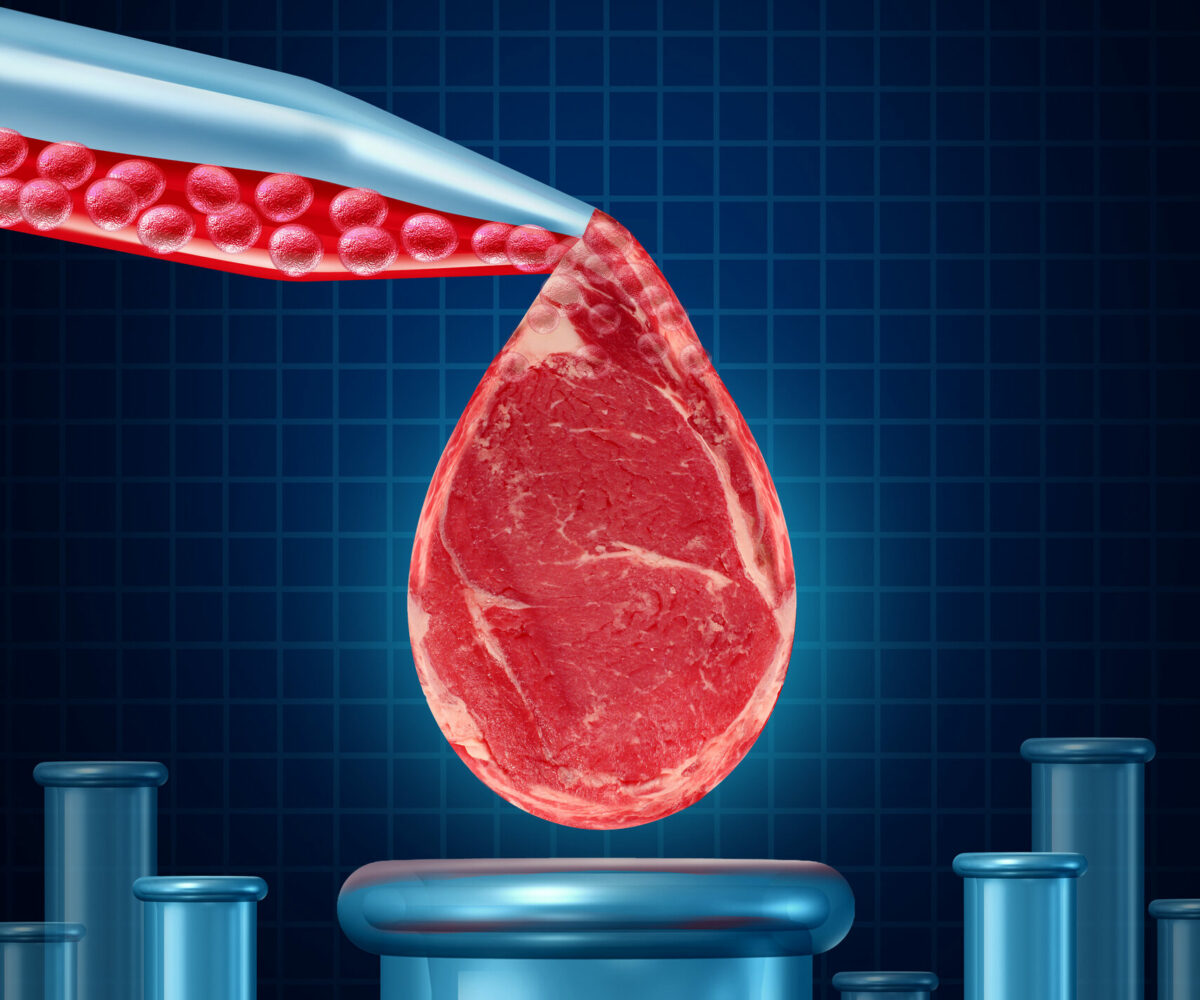Government invests £12 million in Cellular Agriculture Manufacturing Hub to develop sustainable protein

The UK Government is investing £12 million towards the research and development of sustainable proteins via a new Cellular Agriculture Manufacturing Hub, in a bid to bolster future food security.
The hub has been funded by UKRI’s Engineering and Physical Sciences Research Council and will be led by University of Bath’s Professor of BioProcess and Tissue Engineering, Marianne Ellis.
According to UKRI, the research will aim to develop more environmentally, economically and socially sustainable food systems, where new manufacturing processes can be used to enhance conventional food production.
The hub will be in operation for seven years – from 2023 to 2030 – with scientists looking at how to develop cultivated meat at scale, and create new ingredients such as sustainable palm oil using precision fermentation.
Experts from the University of Aberystwyth, University College London, University of Birmingham and the Royal Agricultural University will collaborate with the University of Bath to carry out the research. British cultivated meat companies Hoxton Farms and Quest Meat will also be involved at the hub.
The investment follows on from the pledge the Government made in last year’s National Food Strategy to invest £120 million in sustainable proteins.
Commenting on the news, Linus Pardoe, UK policy manager at the Good Food Institute Europe, said: “[The] announcement is a seismic move in the development of a UK sustainable protein industry and I want to praise the government for investing in the extraordinary potential of these new ways of making meat.
“This landmark investment is a strong indication that the UK government recognises the importance of cellular agriculture and the need to invest in the R&D necessary to help British companies scale production, bringing down costs and making this food available to everyone.
“It’s also great to see that this project will explore the societal implications of these new ways of making food, ensuring that consumers and food producers understand and benefit from these game-changing innovations.”
UKRI has shown a growing interest in sustainable protein developent recently. Last year the research funder’s Biotechnology and Biological Sciences Research Council earmarked over £20 million towards R&D in the sector.
Minister of State for Science, Research and Innovation, George Freeman commented on the latest investment: “With 9 billion mouths to feed by 2050 we need to double world food production on the same land area, using half as much energy and water. We cannot achieve that through traditional agriculture.
“The Cellular Agriculture Manufacturing Hub will spearhead the development of new processes to produce key food groups like proteins sustainably and cost effectively to feed a growing global population.”
Professor Marianne Ellis, from the Department of Chemical Engineering at University of Bath, also added: “I am incredibly excited and thankful that the EPSRC have recognised the opportunities the emerging field of cellular agriculture brings to achieving net zero and addressing food security. We have an exceptional team spanning upstream and downstream processing, underpinning biology, upstream (consumer) engagement, supply chain, and life cycle assessment.
“Our initial focus will be the tissue engineered cellular agriculture product, cultured meat, and the precision fermentation product, alternative palm oil, but as the Hub expands we expect many other cellular agriculture products to benefit from the research programme.
“We will take a transdisciplinary approach by engaging with consumers and other stakeholders from the outset to ensure we compliment and boost our country’s food and farming industry for sustainability, social, and economic gains.”








